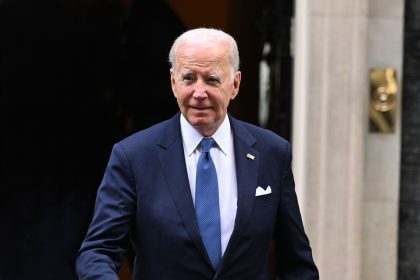
President Donald Trump believes a quarter-century law that helps finance construction projects on the campuses of historically black colleges and universities might not be constitutional.
Trump released a signing statement on the new spending bill that specifically spotlighted the Historically Black College and University Capital Financing Program as an example of a program “that allocate benefits on the basis of race, ethnicity, and gender.”
Trump wrote that those programs would be treated by his administration “in a manner consistent with the requirement to afford equal protection of the law under the Due Process Clause of the Constitution’s Fifth Amendment.”’
Cheryl Smith, senior vice president of public policy and government affairs at the United Negro College Fund, responded to the statement by saying that their organization is “puzzled by this provision and seeking clarification from the White House as to its meaning.”
However, Smith said that it might be the case that the “signing statement may simply be the Office of Management and Budget being overly cautious and perhaps not fully understanding this important distinction as it relates to HBCUs, but UNCF needs more information regarding their thinking and intent.”
This comes on the heels of President Trump inviting the presidents of all HBCUs to the White House for a meeting about the future of these historical colleges.
“Trump’s statement is not only misinformed factually, it is not grounded in any serious constitutional analysis,” said Reps. John Conyers of Michigan and Cedric Richmond of Louisiana in a joint statement.
“For a president who pledged to reach out to African-Americans and other minorities, this statement is stunningly careless and divisive,” the lawmakers said.
Derek W. Black, a law professor at the University of South Carolina School of Law, called Trump’s position “rather odd.”
“If Congress is validly spending money on these programs, and there’s no court finding or litigation suggesting discrimination, the idea that the executive would unilaterally not allocate those funds would be a rather momentous position to take,” Black said.











